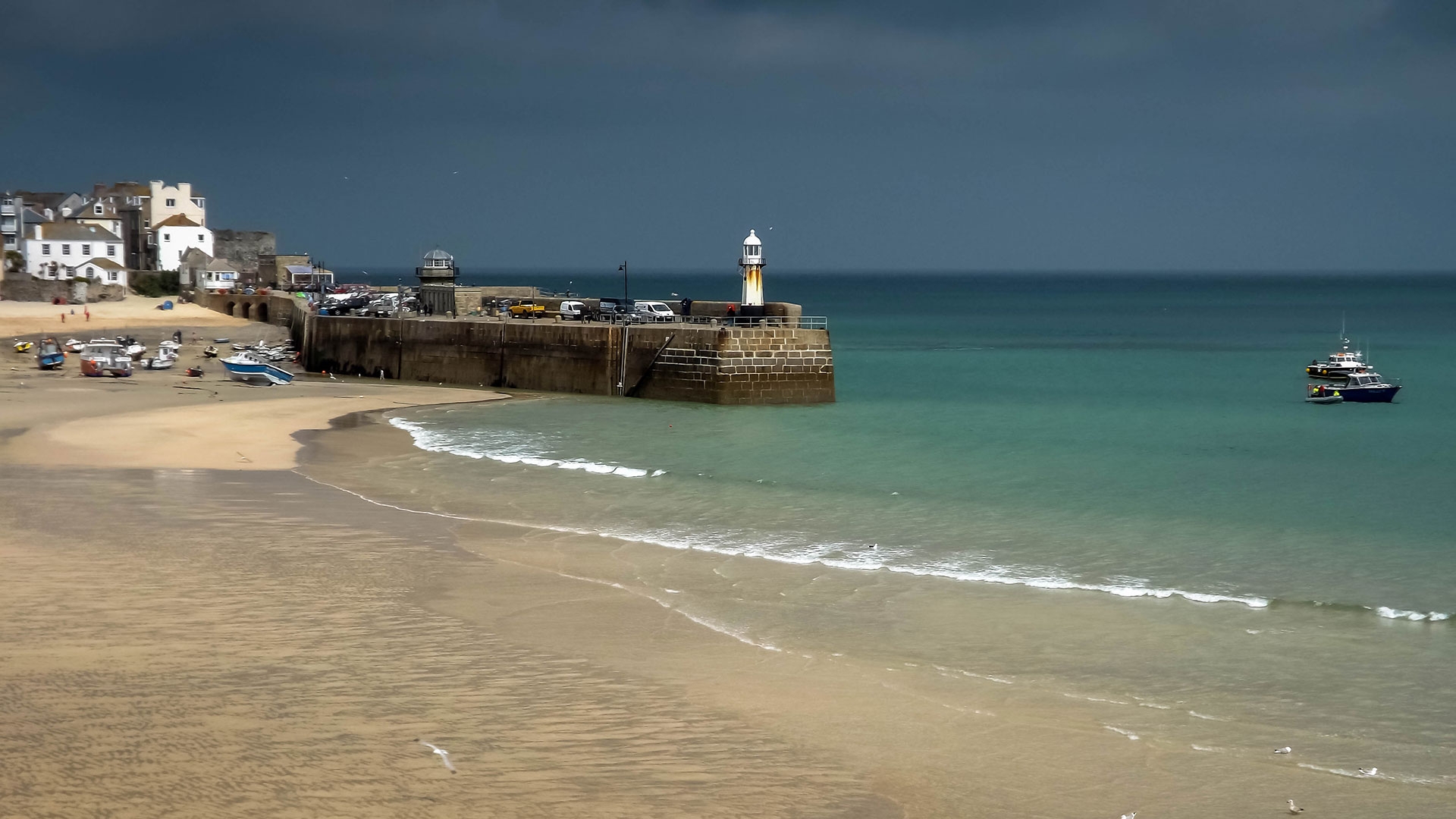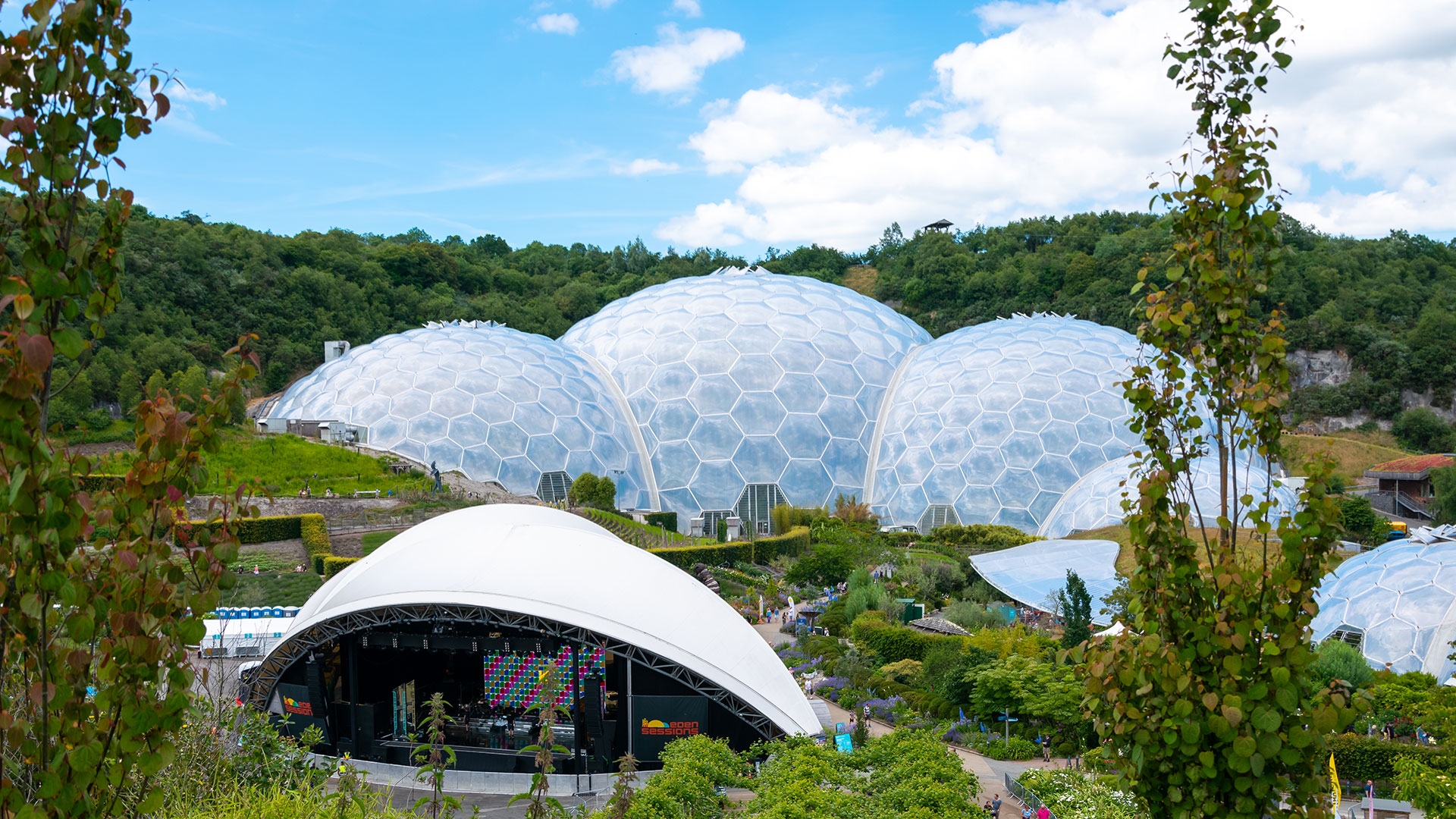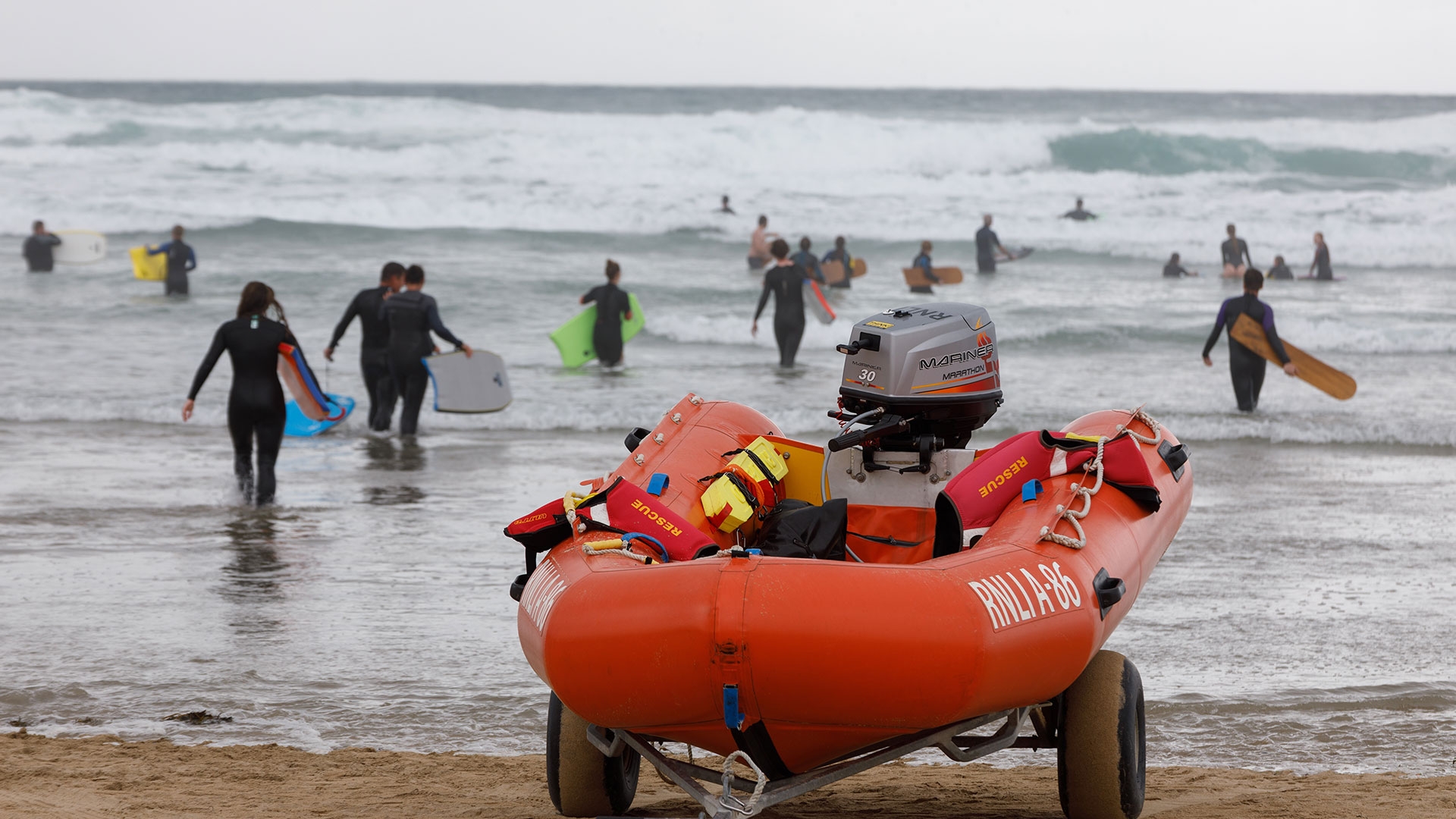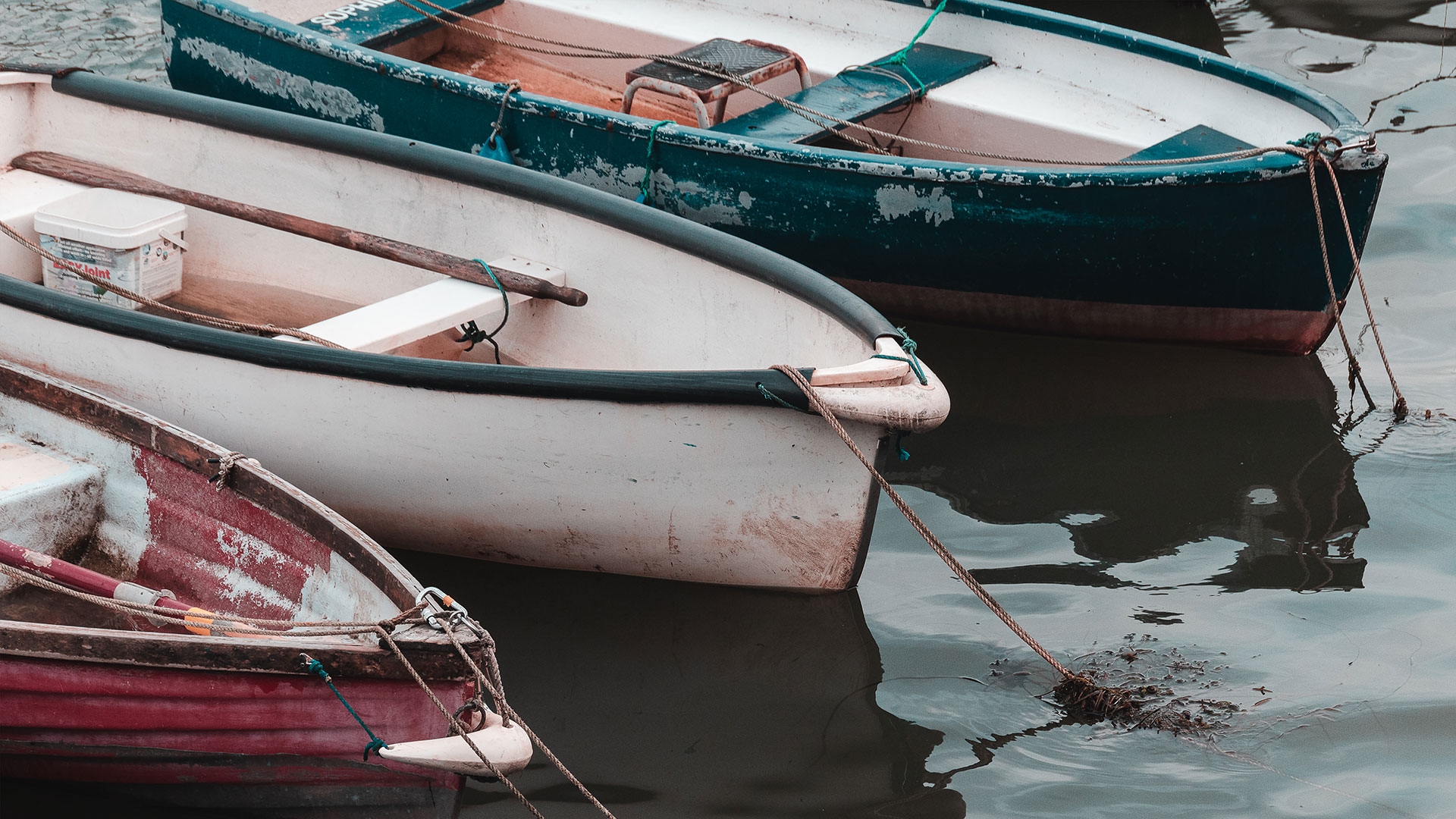Christmas Magic in Cornwall: Celebrate the Festive Season with The Penellen
As the festive season approaches, Cornwall transforms into a winter wonderland filled with twinkling lights, coastal charm, and heart-warming celebrations. This Christmas, there is no better place to experience the magic of the season than here on the Cornish coast, and The Penellen Bed & Breakfast in Carbis Bay is the perfect base for your holiday adventure.
Experience the Spirit of Christmas by the Sea
Imagine waking up to the sound of gentle waves and crisp winter air, followed by a hearty Cornish breakfast overlooking St Ives Bay. Whether you are strolling along Carbis Bay Beach or exploring the narrow cobbled streets of St Ives, festive cheer is never far away. The town glows with fairy lights and shop windows dressed for the season, creating an enchanting atmosphere that feels like a Christmas card come to life.
Local Christmas Events You Will Not Want to Miss
Cornwall’s festive calendar is packed with seasonal delights for all ages:
-
St Ives Christmas Lights and Lantern Parade – Watch as St Ives comes alive with lights, music, and community spirit as the annual parade winds through the town’s historic streets.
-
Mousehole Harbour Lights (from mid-December) – A Cornish tradition that draws visitors from across the UK, this spectacular light display illuminates the picturesque harbour with thousands of colourful bulbs reflected on the water.
-
Padstow Christmas Festival (5th to 8th December) – A foodie’s dream, featuring celebrity chef demonstrations, artisan markets, and the famous lantern parade.
-
Eden Project’s “Christmas Time” – A magical experience with glittering lights, live music, and ice skating beneath the iconic biomes.
-
Truro Christmas Markets and Cathedral Carol Concerts – Perfect for Christmas shopping and festive entertainment in Cornwall’s cathedral city.
Stay in Comfort and Style
At The Penellen, guests can enjoy cosy rooms with breathtaking sea views, just minutes from the beach. After a day exploring Cornwall’s festive sights, relax in comfort, enjoy a hot drink, and watch the winter sunsets across the bay.
Make This Christmas One to Remember
Whether you are planning a romantic winter getaway or a relaxing coastal break before the New Year, The Penellen offers the perfect setting to unwind, recharge, and soak up the Christmas spirit in Cornwall.
Book your festive stay today and discover why Christmas by the sea is simply unforgettable.









